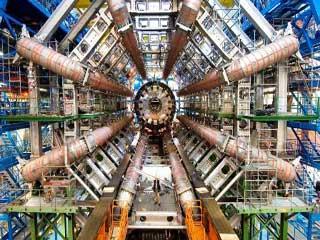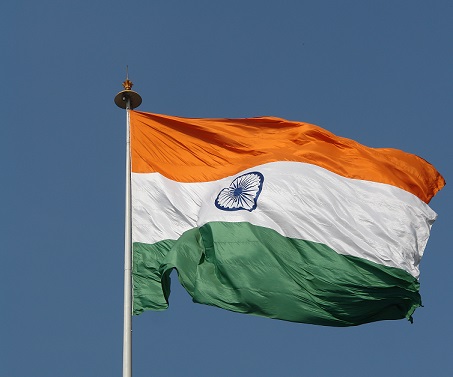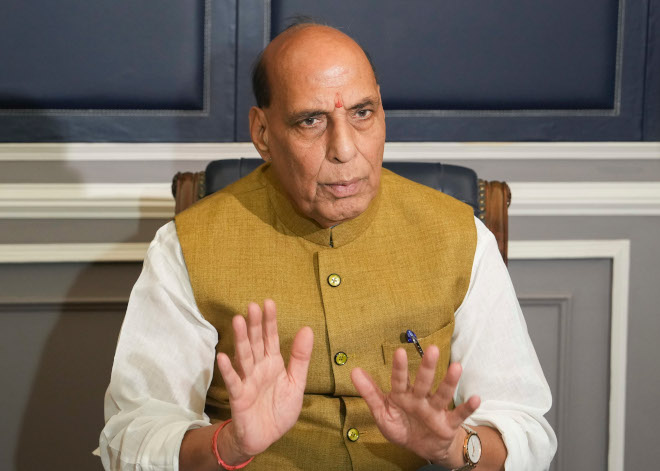
Large Hadron Collider.
NEW DELHI (PTI): Seeking to deepen its cooperation with CERN, India is set to become an associate member at the premier particle physics laboratory, which discovered the Higgs boson popularly known as the 'god particle'.
The associate membership of the European Organisation for Nuclear Research (CERN) will not only open the doors of mega science experiments for Indian scientists but also help them participate in training and education programmes held at the laboratory.
It would also allow Indian industry to participate in bids for CERN contracts across various sectors, including in niche areas like developing equipment for crucial experiments.
"We had submitted a proposal to the government some time back. It has been accepted in principle and awaiting budget approval," Atul Gurtu, who was till recently with the Tata Institute of Fundamental Research (TIFR) and involved with experiments at CERN.
To become an associate member (AM), India will have to make an annual contribution of 10 million Swiss Francs to CERN.
As an AM, India will have the right to attend both the open and restricted sessions of the CERN Council as also send representatives to the meetings of the organisation's Finance Committee.
However, India will not have voting rights in the Council but ask for the floor to make statements without having been invited to do so.
India became an 'Observer' at CERN in 2002, a position that literally allows it to observe the proceedings at the Council meetings and speak when invited to do so.
After becoming AM, Indians shall be eligible for appointments as staff members at CERN on contracts of limited duration and as Fellows.
In 2010, the CERN Council decided to take new members and associates in its bid to expand the membership to countries beyond Europe, including India.
CERN Director General Rolf Heur is said to have had several discussions with the Atomic Energy Commission regarding bringing India on board as an associate member of the organisation.
He is reported to have said that the Indian contribution to research at CERN was immense and growing by the day.
After the path-breaking discovery of a particle consistent with the properties of Higgs boson, Heur had said the 'E' in CERN should now evolve from 'European' to 'Everywhere'.
India has participated in CERN's accelerator technologies, computing, A Large Ion Collider Experiment (ALICE) and Compact Muon Solenoid (CMS) experiments as well as its theoretical physics programmes.
Scientists from the Tata Institute of Fundamental Research, Mumbai and Kolkata-based Saha Institute of Nuclear Physics and the Variable Energy Cyclotron Centre, Delhi University and Panjab University have contributed to the Large Hadron Collider (LHC) experiments.
 Previous Article
Previous Article Next Article
Next Article













The Indian Air Force, in its flight trials evaluation report submitted before the Defence Ministry l..
view articleAn insight into the Medium Multi-Role Combat Aircraft competition...
view articleSky enthusiasts can now spot the International Space Station (ISS) commanded by Indian-American astr..
view article